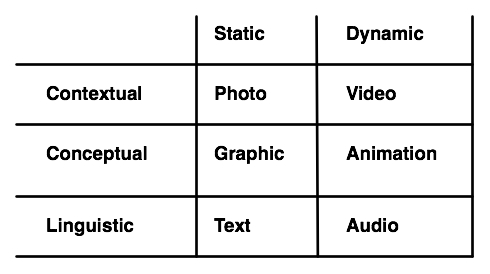I‘ve been talking about thinking systemically, and I‘m quite interested in politics (mostly in changing it in a positive direction), and a recent editorial in USAToday (of all places) really put something together for me. Robert Kegan, Meehan Professor of Adult Learning at Harvard University, has a piece titled: Wanted: A president with a complex mind.
His point is that, as we‘re shopping for a new president (and we are), we should be looking not just for policies, but a defined ability to think about complex situations and create and adapt appropriate policies. In short, he wants a president who can think systemically about the issues.
He also makes it clear that being smart or intelligent isn‘t enough, but instead that the world is now to a state that we can‘t have simple answers and we need a president, going forward, who can think about alternate viewpoints, who can have a reflective conversation. And he is aware that the ability to think complexly is not enough; it is necessary but not sufficient.
I‘ve argued that our curriculum needs to teach people to deal with an increasingly challenging world, and I think this is only more evidence for the point. However, Robert‘s wake-up call is that our nation can‘t wait until the new generation is developed along those lines (and I’ll suggest we‘re not doing it yet), and that we need to be searching for that capability now. I couldn‘t agree more. I hope we can bring into our discussions and choices, for the next election, the criteria of a president who is capable of coming up with policies that reflect the real world‘s complexities, and adapting to the resulting consequences.

